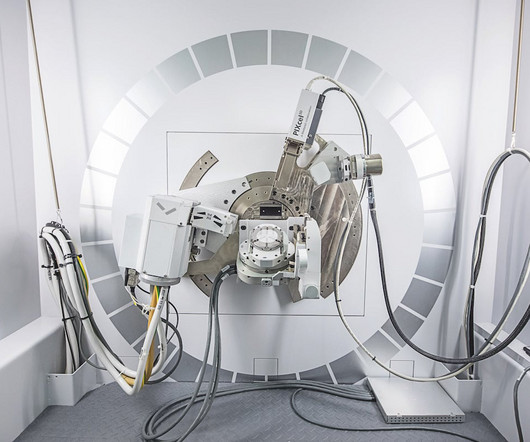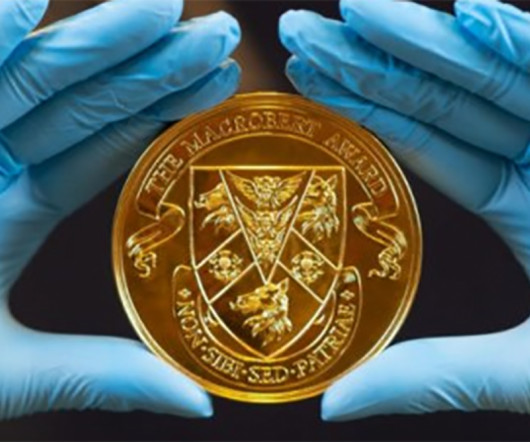Sponsored: Five ways technology is transforming the automotive industry
E&T
FEBRUARY 14, 2023
As the automotive sector welcomes new technologies, analysts predict soon-to-come changes “not seen since the Model T Ford rolled into the production line in the early 1900s,” according to market research firm McKinsey. Indeed, automotive innovation is kicking into high gear. Here are five interesting trends worth highlighting.
















Let's personalize your content